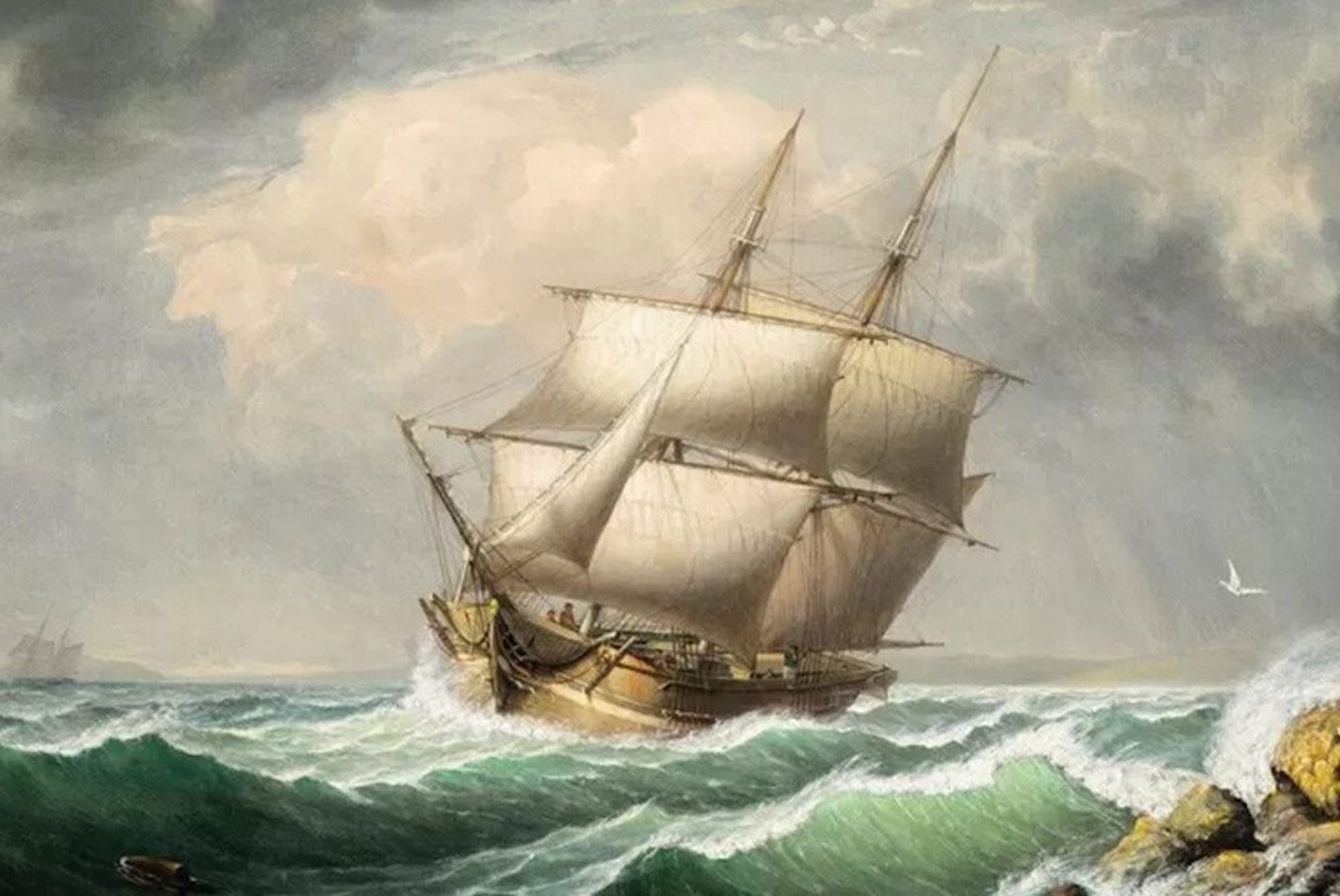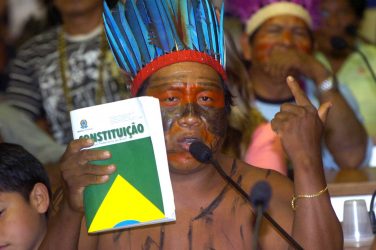The U.S. Consulate General in Rio de Janeiro announced a US$ 295,000 grant to the AfrOrigens Institute to support efforts to preserve the wreck of the Camargo brig—the last slave ship to bring enslaved Africans to Brazil in 1852. The vessel has remained shipwrecked off the coast of Angra dos Reis, in the state of Rio de Janeiro, since that year.
The resources are provided by the Ambassadors Fund for Cultural Preservation (AFCP), a program established by the U.S. State Department in 2001 to support the preservation of global cultural heritage. To date, the AFCP has funded the restoration of ten historic sites in Brazil.
“Support for the Camargo brig perfectly embodies the mission of the Ambassadors Fund: a lasting U.S. commitment to preserving cultural heritage, fostering historical understanding, and reinforcing our shared values,” said Ambassador Elizabeth Frawley Bagley during a ceremony at the Museum of Afro-Brazilian History and Culture (Muhcab) in Gamboa, Rio.
Stolen and later captained by Nathaniel Gordon, the brig transported around 500 Africans from Mozambique to work as slaves on Brazilian plantations in 1852, just two years after the passage of the Eusébio de Queirós Law, which had outlawed the slave trade to Brazil.
Nearly a decade later, the captain was captured in the Congo, convicted, and sentenced to death in the United States, making him the only American ever executed for trafficking enslaved Africans.
Over the next three years, the duration of the investment, underwater archaeology activities will be conducted. These will include 360º mapping of the entire archaeological site, as well as the identification, study, historical analysis, and preservation of any structures and artifacts discovered.
The project will also preserve the memory of the local quilombola community, Santa Rita do Bracuí, which is descended from enslaved Africans brought to Brazil aboard slave ships like the Camargo.
The project will involve marking key historical sites in the region, including the clandestine port, the cemetery for enslaved people, and the structures related to the reception, documentation, and preservation farm.
Quilombolas
According to the U.S. consulate, quilombola members from the community have been formally hired to actively participate in the project, with a base already established within the quilombo. They will receive training in archaeology, scuba diving, documentation, and audiovisual production, enabling them to turn the project’s outcomes into sustainable resources for the community.
“The U.S. Ambassadors Fund for Cultural Preservation is a significant recognition for AfrOrigens and the quilombola community of Bracuí. By promoting the sustainable use of this historical heritage, the project strengthens the fight for territorial rights, enhances the value of Afro-descendant cultural identity, and creates opportunities for sustainable income generation.
“This initiative solidifies the role of heritage as a tool for social transformation and historical reparation, bridging the past and present to inspire more equitable and inclusive futures,” said Luis Felipe Santos, president of AfrOrigens.
In 2018, the fund also allocated US$ 500,000 for preservation efforts at Cais do Valongo in Rio de Janeiro, the largest preserved port in the Americas, where approximately one million enslaved Africans disembarked.
ABr











